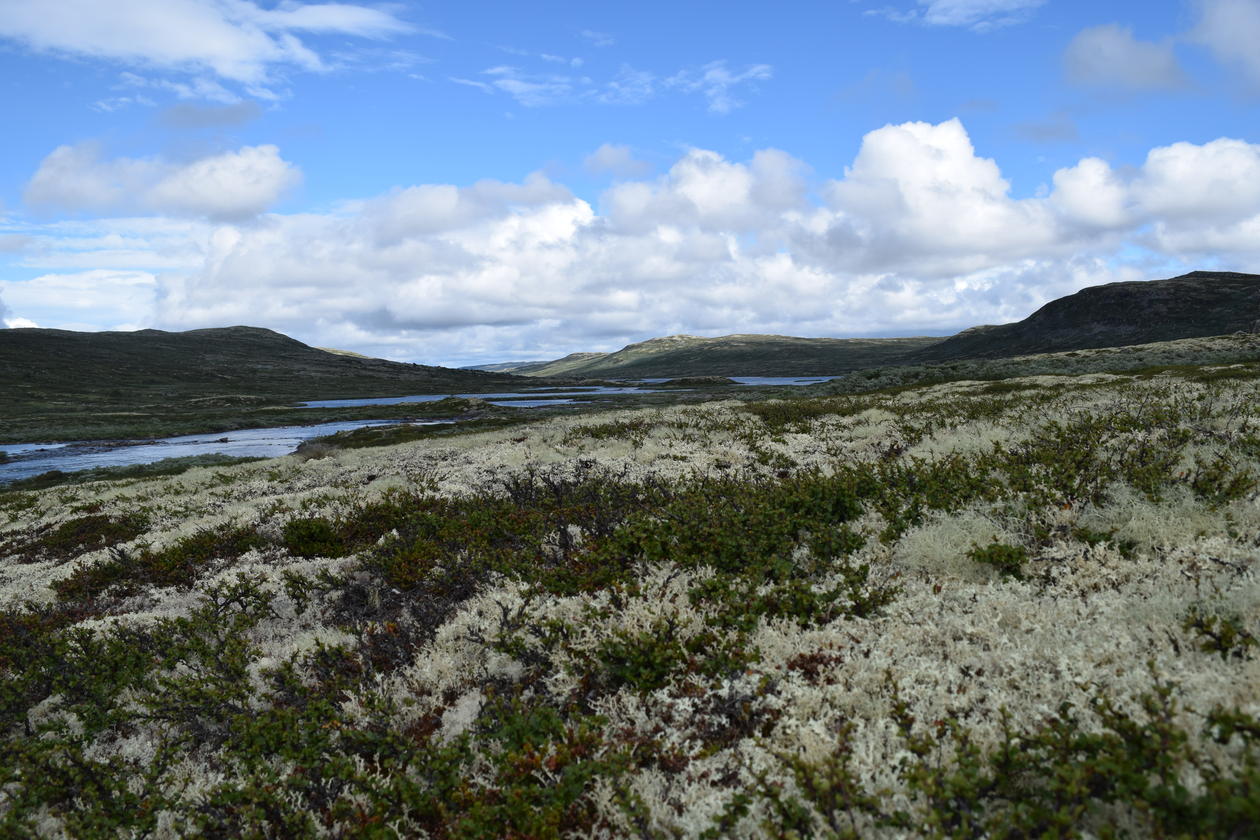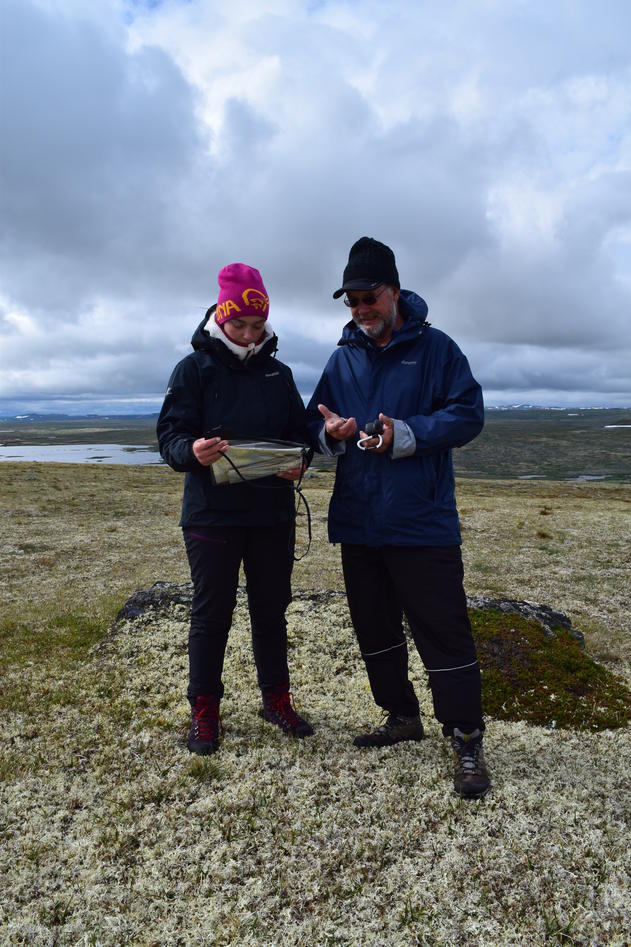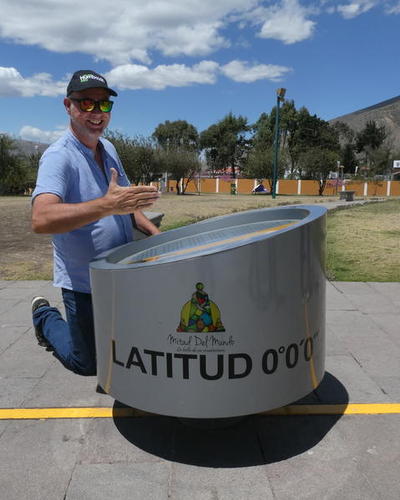ECOPOTENTIAL: improving future ecosystem benefits through earth observations
ECOPOTENTIAL is a large European-funded H2020 project that focuses its activities on a targeted set of internationally recognised Protected Areas, blending Earth Observations from remote sensing and field measurements, data analysis and modelling of current and future ecosystem conditions and services.

Hovedinnhold
ECOPOTENTIAL considers cross-scale geosphere-biosphere interactions at regional to continental scales, addressing long-term and large-scale environmental and ecological challenges.The Department of Geography is one of ECOPOTENTIAL's partners. Professor Ole Reidar Vetaas and post-doc Tessa Bargmann are leading the project's research on Hardangervidda National Park.
Our research focus is on the grazing resources of the wild reindeer population that uses Hardangervidda as part of its range. Hardangervidda, located in southern Norway, is the largest mountain plateau in northern Europe and is a popular area for hiking, hunting and skiing. This largely intact plateau hosts the largest wild reindeer (Rangifer tarandus) population in Europe, which migrates across the plateau in search of food and suitable calving grounds. This reindeer population is important for its ecological value, and for its economical and recreational value for hunters, hikers and landowners. A loss of this herd would have a negative impact not only for the ecosystem, but also for the people that depend on it for their livelihood. In the winter, reindeer depend greatly on lichens as a food source, which they reach by digging through the snow. In the summer, reindeer depend on good summer pastures to be able to feed their calves, but also to fatten up before the long winter.
The availability and quality of winter and summer grazing pastures has a great potential to affect the reindeer population. Changes in the availability of summer grazing areas can have a large impact. A warming climate can increase insect harassment, which reindeer suffer from increasingly in the summer. Human disturbance, such as the building of recreational cabins, roads and power lines, snow kiting, and hunting, can also limit or prevent reindeer from accessing important grazing and calving areas.
We investigate the reindeer population and their environment, looking at the quality of summer and winter grazing pastures and calving grounds. To this goal, ECOPOTENTIAL uses satellite imagery, GPS collar data, and data gathered in the field. Such data can then be used to predict changes in the reindeer population and support its management.
Read more at http://www.ecopotential-project.eu/ or watch our videos at http://www.ecopotential-project.eu/outreach/video.html
Contacts: Ole Reidar Vetaas (ole.vetaas@uib.no) & Tessa Bargmann (tessa.bargmann@uib.no)


